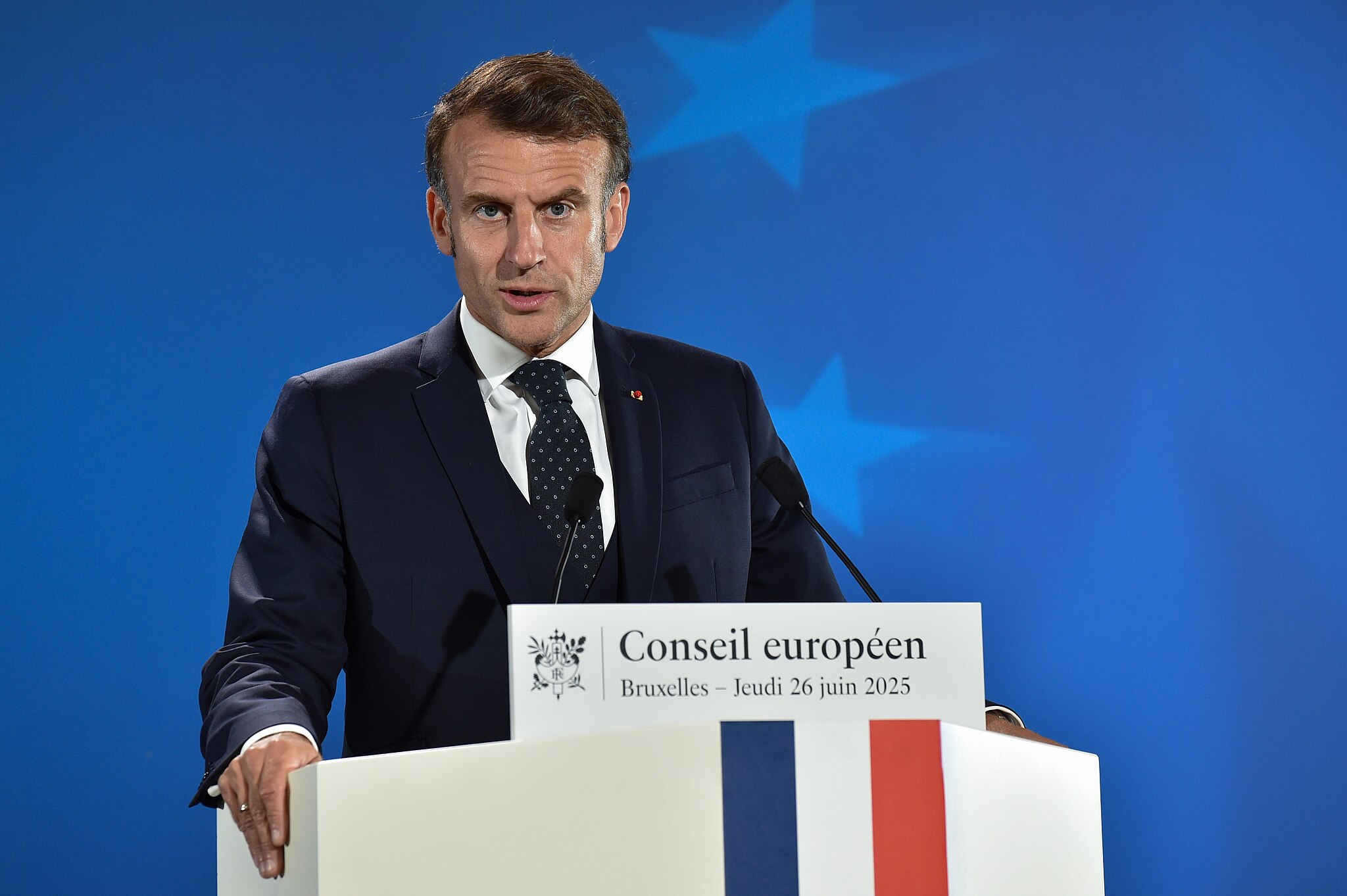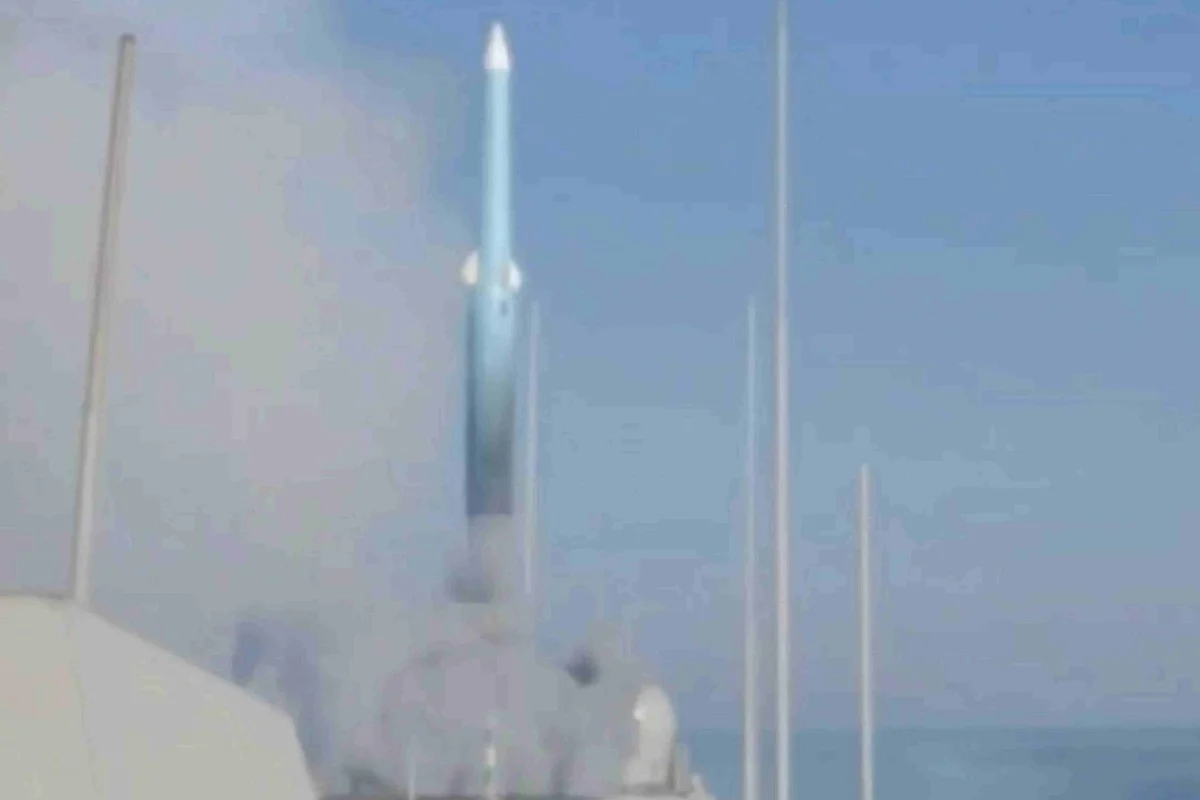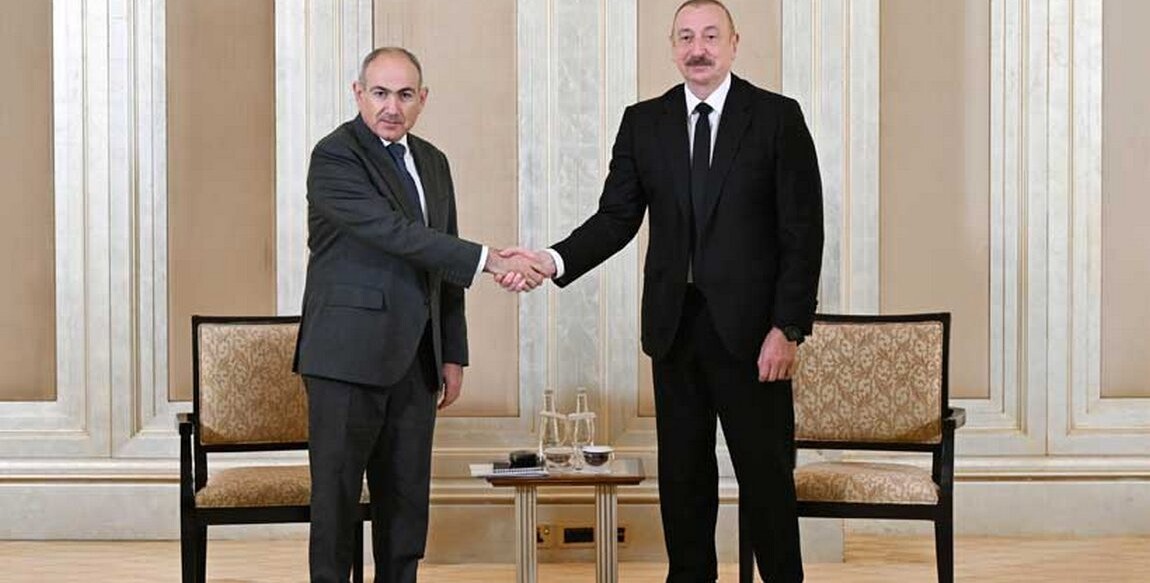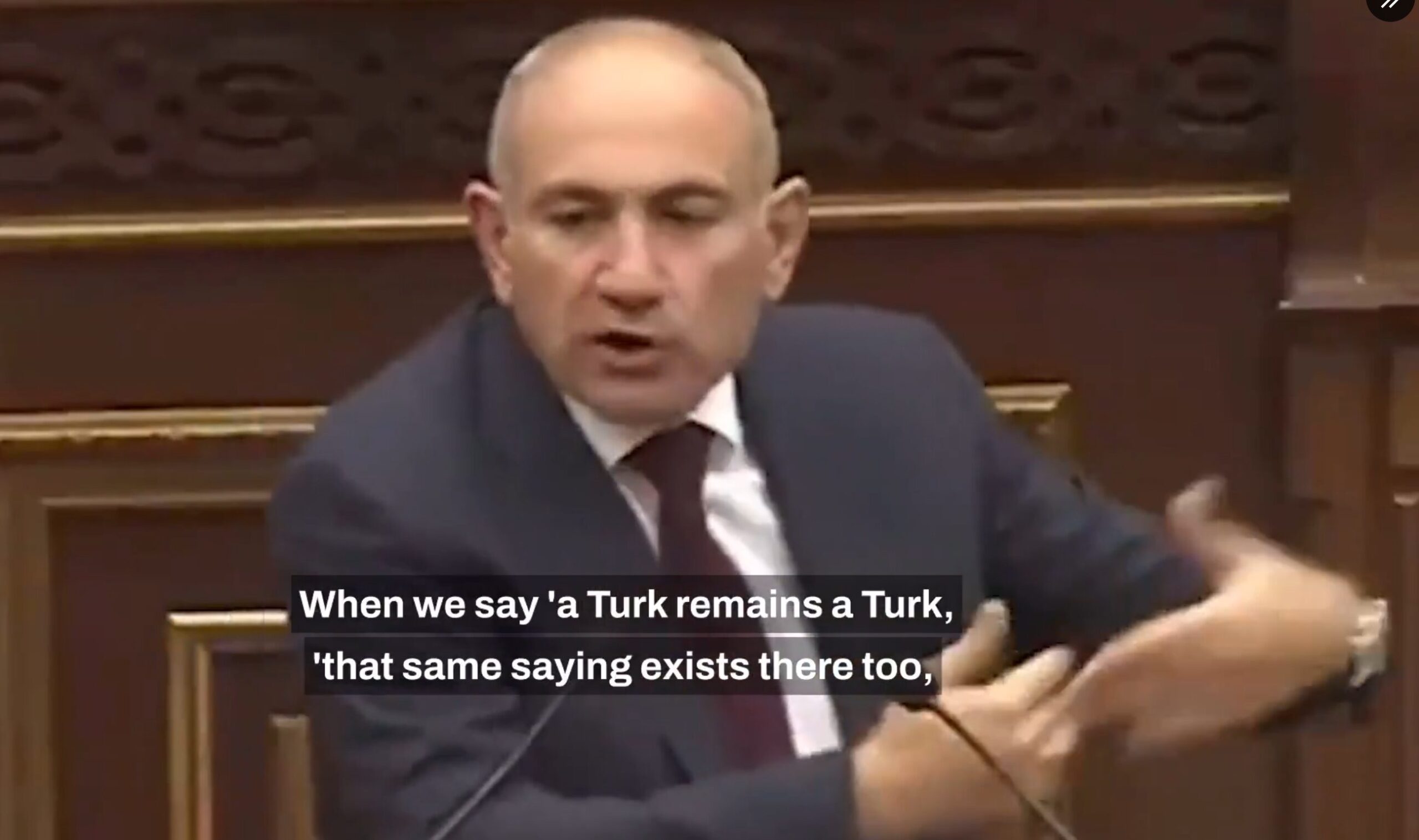French President Emmanuel Macron appointed his defense minister, Sébastien Lecornu, as the country’s new prime minister on Tuesday after the government of François Bayrou collapsed in a decisive no-confidence vote.
Bayrou’s resignation followed Monday’s defeat in parliament, where his economic plans were voted down 364 to 194, underscoring the deep divisions in France’s National Assembly. The government’s fall marks the fourth time in less than two years that Macron has been forced to replace his head of government.
Bayrou’s downfall is tied to Macron’s decision in June 2024 to dissolve parliament after the far-right National Rally stunned Europe with a 31.4% showing in the EU elections. Macron had hoped the gamble would rally voters back to the center. Instead, the result was a fractured parliament where no party holds a majority.
Bayrou warned lawmakers before the vote that France’s high debt and deficit left little choice but austerity. “You have the power to topple the government, but you don’t have the power to erase reality,” he said. His defeat was bigger than expected.
The far-left France Unbowed and far-right National Rally celebrated the vote as a victory. Jean-Luc Mélenchon hailed the government’s fall as “an end to policies for the rich,” and Marine Le Pen mentioned the need for new elections so “the new majority can draft a budget.”
Polls show widespread support for the idea. An RTL survey published Tuesday found 43% of voters favor Jordan Bardella, president of the National Rally, as France’s next prime minister.
Macron has ruled out naming someone from the far right. Political scientist Corinne Mellul said doing so would be “out of the question” because it would symbolize Macron’s own political defeat.
Macron’s Weak Hand
With approval ratings near 15%, Macron faces growing limits on his ability to govern. Analysts warn that the political stalemate makes it nearly impossible to pass next year’s budget.
France’s deficit stands at nearly double the EU’s 3% ceiling, and its public debt is 114% of GDP. Without measures to reduce the deficit, the country will face pressure from bond markets and rising borrowing costs.
Businesses are already worried. “The fall of the government adds to months of political instability that have undermined economic confidence,” said Maya Noël, head of France Digitale. “In the innovation sector, this instability has an immediate cost: it slows down investment and hiring”.
Protests, some calling themselves “Block Everything,” are expected to sweep the country in the coming days, which echoes the Yellow Vest movement that shook Macron’s first term. Authorities said 80,000 police officers would be deployed to prevent road and rail blockades, and unions have announced a nationwide strike for September 18th.
Only days before Bayrou’s defeat, Macron appeared at ease as he welcomed European leaders to Paris for talks on Ukraine. Finnish President Alexander Stubb described him as “the coolest leader” in the room, a stark contrast with what American President Donald Trump recently had to say about Macron, stating that he “always gets it wrong”. Ukrainian President Volodymyr Zelensky reassured his team that Macron “will handle the situation”.
But at home, Macron’s authority is slipping. Political analyst Nicole Bacharan put it bluntly: “There is no trust in our politicians, no trust in our political system, and no trust in the economy. And of course, no trust in the president”.
Macron once promised to keep the far right at bay and to modernize France. But instead, the political space has been fractured, and the National Rally has never been stronger. WaL
We Humbly Ask For Your Support—Follow the link here to see all the ways, monetary and non-monetary.
PICTURED ABOVE: French President, Emmanuel Macron, attending a European Council meeting in June 2025. PC: European Council Newsroom



